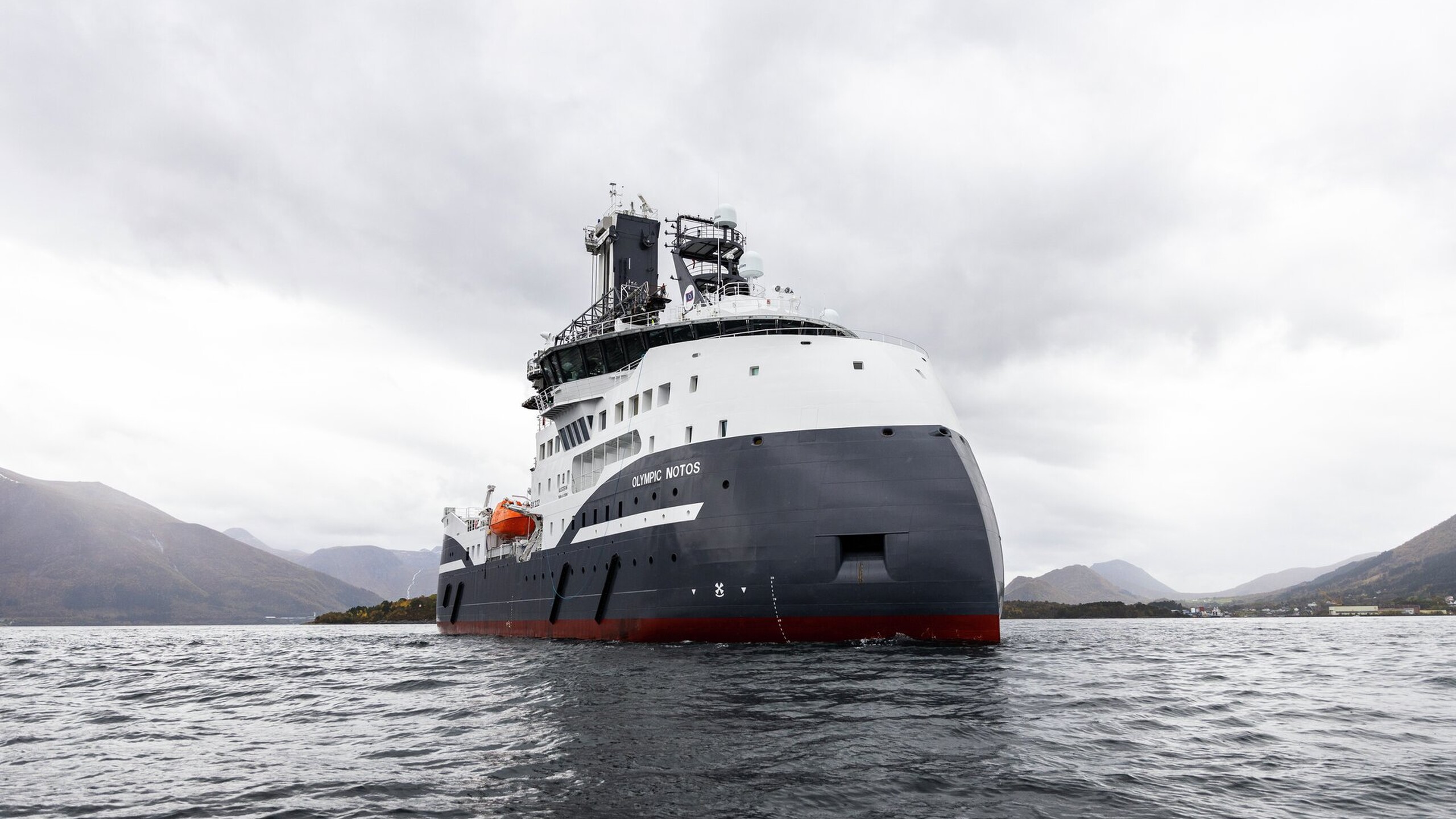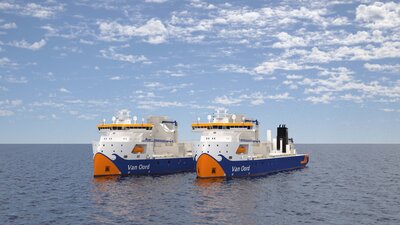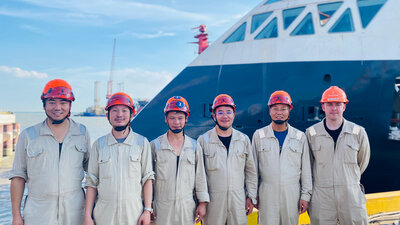The battery pack has been delivered by Westcon, and the refurbishment must be completed before the vessel contract with Equinor commences in January.
"Conversions to hybrid vessels have proved to give very good results in terms of improved operating economy and reliability", says Steinar Røsberg, who is project manager from Ulstein.
"We note an increasing interest from various shipowning companies that wish to adopt the new technology to make their ships more reliable and efficient."
The subsea vessel Seven Viking was delivered by Ulstein Verft in 2013 and is now working on her second five-year contract for Equinor. The offshore activities in the IMR contract (inspection, maintenance and repair) on the Norwegian Continental Shelf will begin in January 2019.




